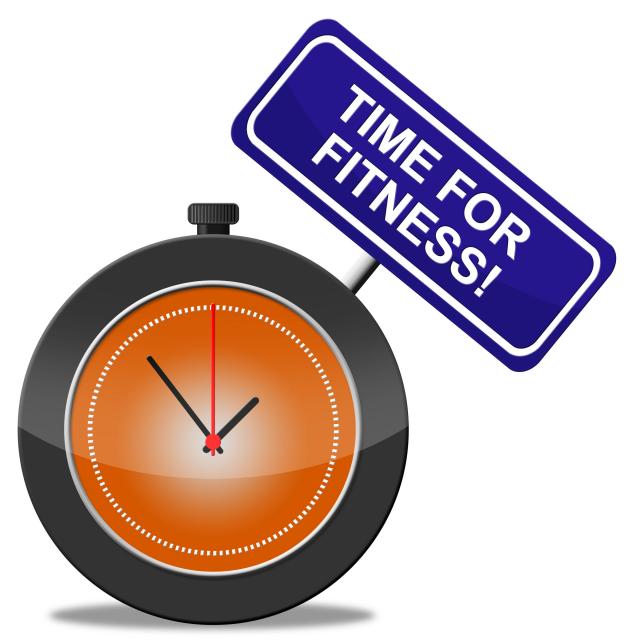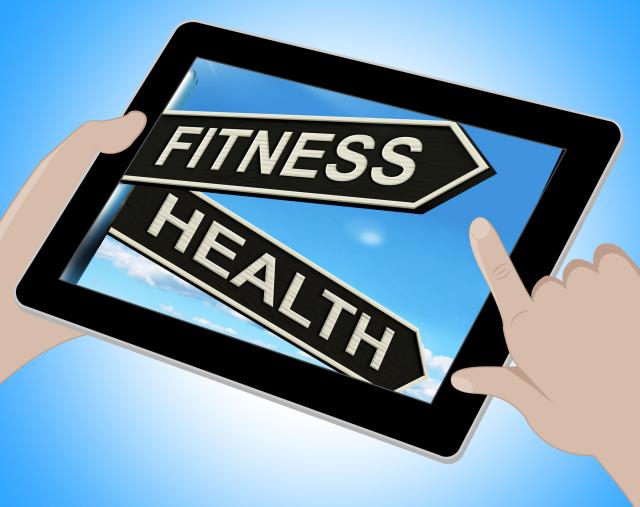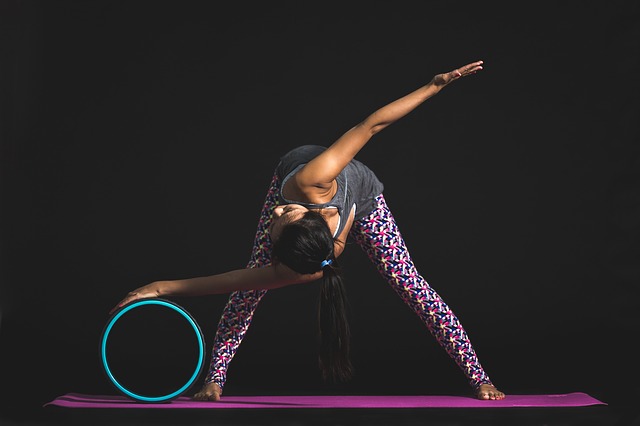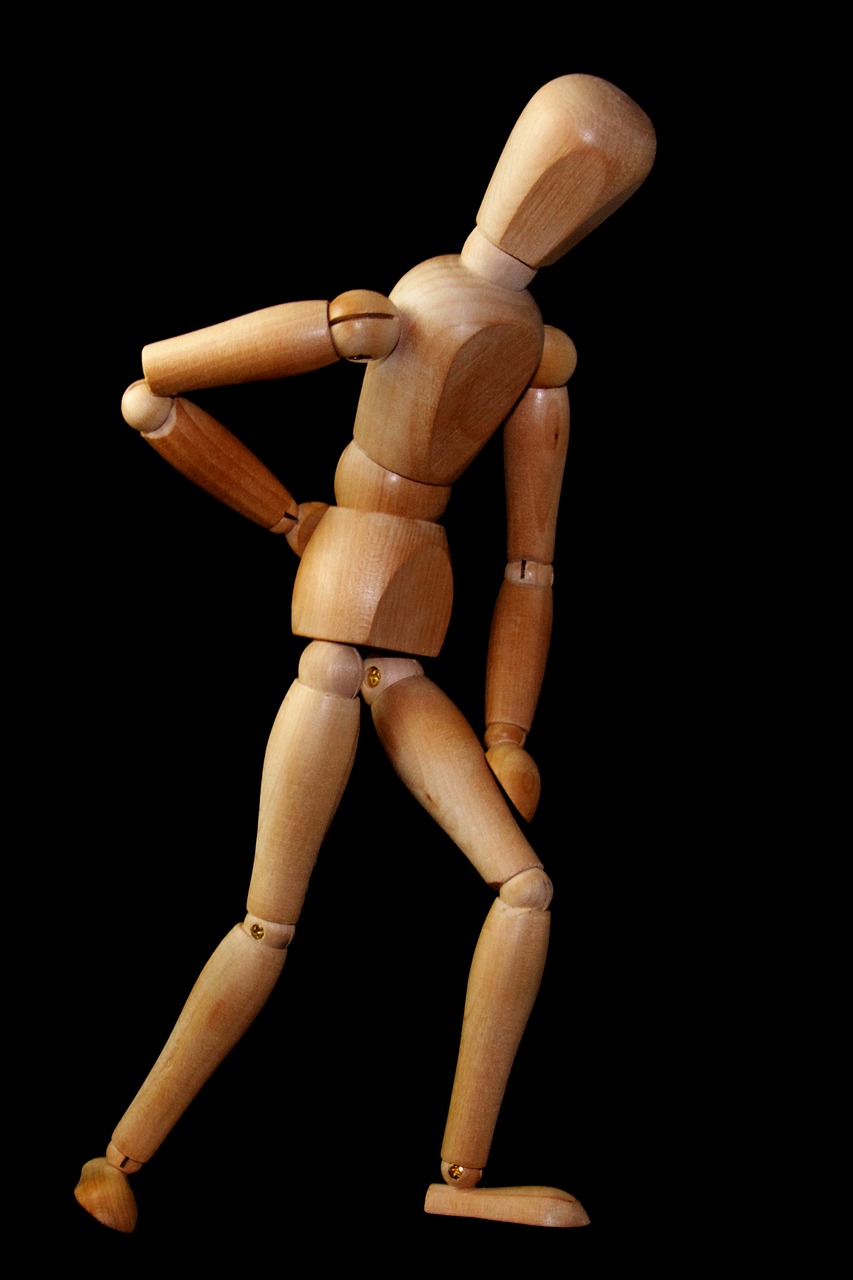
“I don’t have enough time.”
When asked why they aren’t able to achieve their fitness goals, people reference being too busy or not having enough time more than any other reason.
But is that the truth?
Let me ask you a question:
If you knew with 100% certainty that your efforts would lead to the health results you’re looking for, would you find the time to make it work?
I think you would.
While I don’t disagree that a lack of time might be one of the reasons why you aren’t able to reach your goals, the underlying reason is fear.
It may be subconscious, but you likely fear that after investing your time, energy, and maybe even your money, you still might not be successful. You’re afraid that the payout won’t be there.
And, you’re not alone.
Fear is the reason why so many people stop trying far too soon. They give up, or never even begin putting forth a full effort. When it comes to fitness, there are 3 specific fears that come into play.

3 Fears That Are Holding Back Your Fitness Success (and How to Overcome Them)
There are 3 specific fears associated with failure that may be holding back your health. Which of these fears is holding you back?
#1. Fear of Accountability
Why do you want to get in shape in the first place?
It’s not because you want to lose weight, although that’s what most people think is their motivation. There is something deeper. There is a true motivating factor that’s far more powerful.
This is sometimes referred to as your “BIG WHY.” Why do you really want to change?
Are you facing medical issues that you want to fix by becoming healthier?
Or maybe you feel self-conscious about your appearance and that feeling is impacting your career or social life?
Be honest with yourself. What’s your BIG WHY?
Now that you’ve identified your true motivation, it’s time to be held accountable. People often keep their goals secret – After all, if nobody knows what you’re aiming to accomplish, nobody can think poorly of you if you fail.
This fear leads to isolation and it eliminates accountability. This is a surefire way to get mediocre results at best.
Instead of keeping your BIG WHY and your goals to yourself, tell everyone who will listen! You will gain accountability to stick to your plans and you will gain supporters who want to see you succeed.
Just knowing that others care about your BIG WHY and your success in reaching your goals can be enough to help you press on.

#2. Fear of Change
Even after identifying your BIG WHY and making your fitness goals public, getting in shape still has a few obstacles to overcome. This is especially true for someone who is new to exercise.
Just think of what might go through someone’s head when she decides to start going to the gym for the first time:
“What do I wear?”
“Who will be there?”
“What should I do when I get there?”
“When is the best time to go?”
To a veteran gym-goer, these questions might seem trivial, but they can be anxiety provoking to a beginner. Something as simple as not having the “right” shoes to wear to the gym can be enough to keep someone from starting at all.
Tony Robbins explains a great way to overcome the fear of getting started with a new fitness routine. Instead of focusing on gathering the right shoes, a trendy outfit, and all the other gear you might “need” to get started, just go outside and walk around the block.
That’s it – just go for a walk.
Allow yourself to be a beginner by beginning with a form of fitness that doesn’t require any expertise. Fitness is all about forming habitual behavior, so the most important step is to prove to yourself that you’re actually willing to invest time and energy in the first place.
Over time, you will develop confidence that you can exercise, and that it’s not as complicated or scary as you once thought. Then, when you see and feel your body begin to change, you’ll be even more motivated to learn something new, to change even more!

#3. Fear of Challenge
“But I already exercise and I’m still not getting the results I want.”
That’s a common statement I hear from people who have genuinely put in effort, made changes, built habits, but still feel disappointed with the outcomes.
For those people, it’s crucial to remember, “If it doesn’t challenge you, it won’t change you.” (Anonymous)
Your body can only make progress when you push your boundaries. While it is great for someone who is completely new to exercise to begin by just going for a quick daily walk, eventually you will have to take it up a notch if you want to see continual progress.
What once “worked” for you will not always work.
It’s comfortable to set the bar low. Doing what you’ve always done ensures that you will always be able to succeed in doing it. But, it also ensures that you will never push your own physical boundaries and will therefore never make progress.
Challenging yourself is often done best when you do it with others. Exercising with a friend will help you both push your limits without the fear and uncertainty that you might face if you try doing it on your own.
In fact, research has shown that people who have a workout buddy are able to double their results from exercise.
Improving your fitness can be scary. Most worthwhile change is. Forming practical strategies to approach these fears will allow you to overcome them and, finally reach the health goals you’ve always dreamed about.
 Why exercise doesn’t have to mean pain
Why exercise doesn’t have to mean pain  5 Tips on How to Train Your Brain
5 Tips on How to Train Your Brain  Is Your Posture Making You Ill?
Is Your Posture Making You Ill?  Healthy Eating Nutrition Tips for Busy Lifestyles
Healthy Eating Nutrition Tips for Busy Lifestyles  Tech for a Tranquil Mind – Apps and Devices for Mental Wellness
Tech for a Tranquil Mind – Apps and Devices for Mental Wellness  Is it time to embrace Quiet Living?
Is it time to embrace Quiet Living?  Why 2026’s top bloggers are going back to paper planners to spark creativity
Why 2026’s top bloggers are going back to paper planners to spark creativity
I am still not visiting gym because of those fears. But I keep trainig at home anyway.
However, nice article!
I think that’s why online fitness channels and DVDs are still popular because people fear going to the gym of fitness classes in case they can’t keep up with others there.
There should be sessions and classes for complete beginners clearly advertised to attract the people who need to get more exercise – and I include myself in that
It’s so true what you say in the article that what once “worked” for you will not always work.
As we get older our eating habits, metabolism and lifestyle change so the form and intensity of our exercise must change to compensate
Agree with that Caz – I think I’m one of those “skinny fat” people – everyone wonders why I worry about my lifestyle when I look slim but that’s just my genes. I have a theory that naturally slim people don’t have so much incentive to exercise when young and so it’s much harder for them as they get older.
“Skinny fat”??????